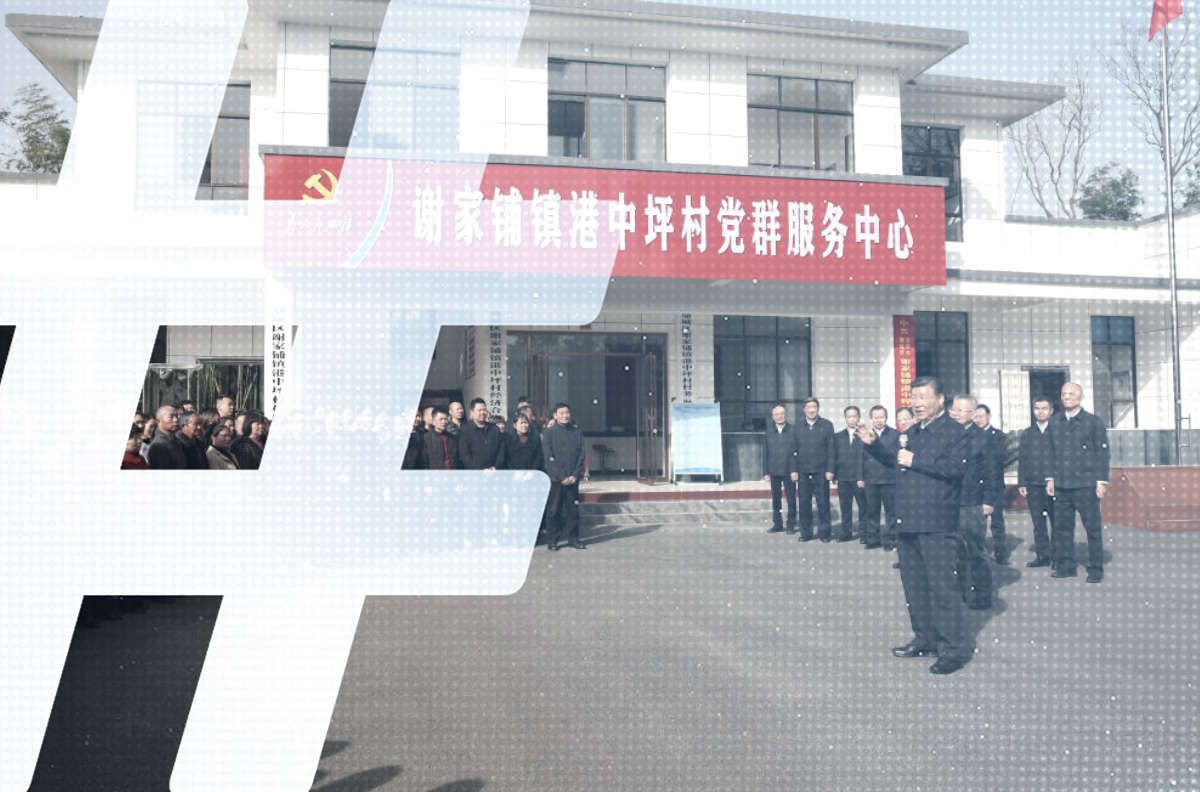From Nanping in Fujian Province, to Taizhou in Jiangsu, there have lately been a number of attacks on children that have shaken our society. And as we’ve reflected on these tragedies, a new interest has been triggered in the issue of media ethics.
As a major mainstream news site deleted some information in Internet posts, it explained that the media are not always “obligated to share anything and everything” (有闻必报) they have — implying that the deletion of Internet posts arises out of the sense of responsible media behavior. [Read a play-by-play of how news of yesterday’s attack in Jiangsu was reported in China’s media at CMP Geo Events.]
Those supporting such action argue that the lower levels of our society are prone to emotional responses, and that by “exaggerating” (过度渲染) these responses the media could put more innocent children at risk.
I want to start by correcting some of these exaggerated statements. It is a bit sophistic and misleading to confute the idea of having an “obligation to share anything and everything” and “exaggeration.” There’s no need to argue too much about this. I think most people would agree that the media should not report absolutely everything. Moreover, in reporting cases of homicide, mass media need to show a degree of restraint. They should not exaggerate the process of the crime or the horrors of the scene. And when the needs arises, of course they must respect the privacy of the victims.
What I want to talk about here is whether or not media must or should report on this kind of incident — or whether they should report so heavily on such cases.
Media reports certainly can offer example and inspiration to potential attackers, suggesting to them that physical violence might present an outlet for the venting of their own frustrations or “grievances.” Of course, those who would limit media reports on these grounds see only one aspect of the role of the news media.
The social impact of media reports is diverse and intermixed, and we have to consider a number of aspects together before we can reach a conclusion. There are at least four aspects we should take into consideration.
First of all, the public has a right to know, and they wish to understand the environment in which they live. They want to know what is happening right next to them, and know what problems face our society. Naturally, there are national secrets that cannot be shared publicly. But too many secrets will cause the distortion of society. Besides, if we don’t view public opinion narrowly as the publication of information in mainstream media and on official websites, then the blocking of information is futile anyway. Information won’t spread less quickly by word of mouth. Quite the opposite, rumors and exaggeration will fly.
Secondly, it is a mark of respect and condolence to the victims for the media to draw the attention of the public to such a tragedy, voicing sympathy with the victims and their families, and denouncing the perpetrator. This is a way of caring for and helping the family members of the victims. If such a tragedy were to happen beyond the gaze of society, our insensible joy would no doubt add to the pain of the victims and their families.
Thirdly, media reports serve as a warning system, and in particular put pressure on those responsible for managing our society. They compel everyone to reflect on social problems that face us. That we need to ease underlying social tensions, and that we need to reexamine safety measures at our kindergartens and schools in order to be prepared for the future.
Fourth, news reports on tragedies like this are not simply setting an example to possible future perpetrators — they can also serve as a warning and caution. The suffering of the victims might reawaken the conscience of possible perpetrators. And the outrage of the public might allow cause to see that this sort of act is no way to vent their own frustrations. There is no possible way of knowing how many people are exhorted to violence by media reports of this kind, and how many are encouraged to set their knives down.
For those who have already set their wills on seeking revenge against society, the silence of the media on a tragedy like this one might encourage even more ambitious acts of violence. Their goal is to create terror in the public mind. So killing one does not move you — how about ten, one-hundred, a thousand? This is the logic of the terrorist.
Therefore, it is most important to talk about issues like this, and to think of ways we can prevent them from happening in the future. My guess is that those who oppose media reporting of cases like this would not agree that the community should utterly ignore them. They would suggest that internal channels be used, allowing leaders to understand the situation. Naturally, government leaders will prioritize these cases and find ways to prevent them.
But this way of thinking has already been shown to be false. The prevailing modern view of politics is that it is not essentially virtuous, that only supervision and restriction of power by the will of the people can ensure that power is exercised in their interests. And the will of the people is voiced chiefly through public opinion.
What we can be certain of is that those most opposed to media reporting of incidents like this are local officials. Officials will use any manner of tactics to prevent reporting by the media, while family members of the victims will do everything in their power to get the news out. If you carefully consider the reasons for this difference, you will no longer see only the negative side of media reporting.
This article was originally posted in Chinese at Southern Metropolis Daily.






















